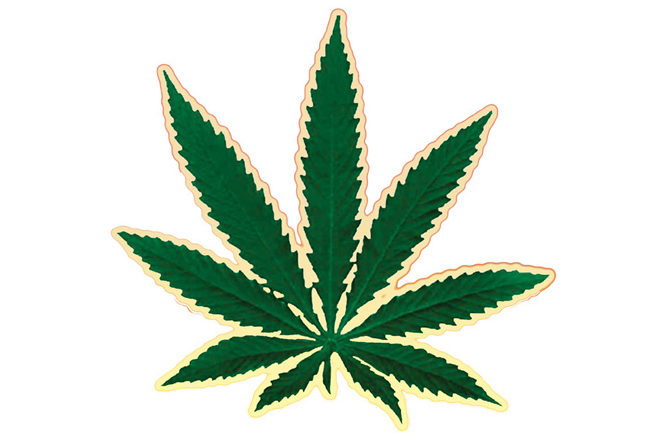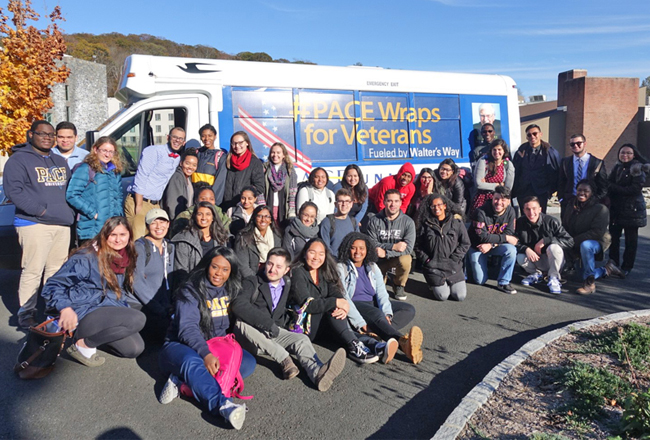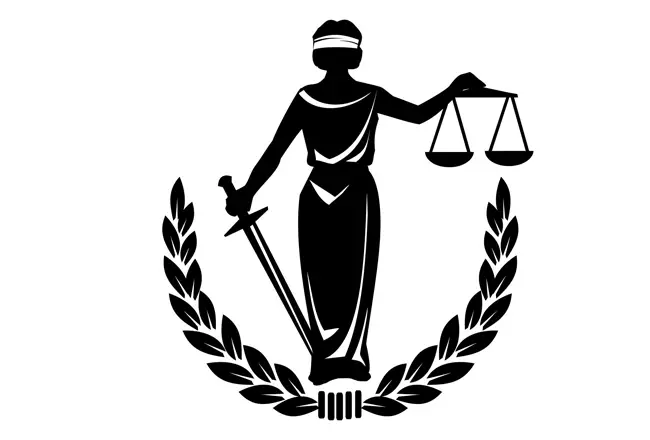Gov. Andrew Cuomo has signed into law a bill allowing medical marijuana to be used as a treatment for post-traumatic stress disorder (PTSD).
Cuomo signed the bill on Veterans Day, along with four other pieces of legislation aimed at helping the state’s veterans.
 The state estimates that approximately 19,000 people with PTSD in New York could benefit from the use of medical marijuana.
The state estimates that approximately 19,000 people with PTSD in New York could benefit from the use of medical marijuana.
“Marijuana will be legalized if a doctor authorizes and finds the condition of PTSD for a veteran,” Cuomo said at New York City’s Veterans Day parade. “I think that can help thousands of veterans. It’s something that we’ve been talking about for a long time and I’m glad we’re taking action today.”
Along with military veterans and first responders, Cuomo said medical marijuana could help treat PTSD in survivors of domestic violence, rape, violent crime and accidents.
New York is the 28th state to allow the use of medical marijuana for PTSD.
PTSD is the latest addition to the list of conditions the state allows to be treated with medical marijuana. In March, chronic pain was added to the program. State Department of Health officials said the number of certified patients rose more than 75 percent from when chronic pain was added in March through August.
Medical marijuana can also be used in New York by people with cancer, HIV infection or AIDS, amyotrophic lateral sclerosis (ALS), Parkinson’s disease, multiple sclerosis, spinal cord injuries, epilepsy, inflammatory bowel disease, neuropathy and Huntington’s disease.
As of Nov. 7, there were more than 35,000 patients certified for medical marijuana and about 1,300 doctors able to certify patients for the program.
The other measures Cuomo signed into law do the following: provide combat veterans employed by the state additional days of paid leave; waive the civil service exam fee for veterans; require the Department of State and Division of Military and Naval Affairs to maintain a public list of all nonprofit corporations that solicit funds for the U.S. armed forces; and create a memorial in the state capitol to memorialize servicemen missing in combat.


















